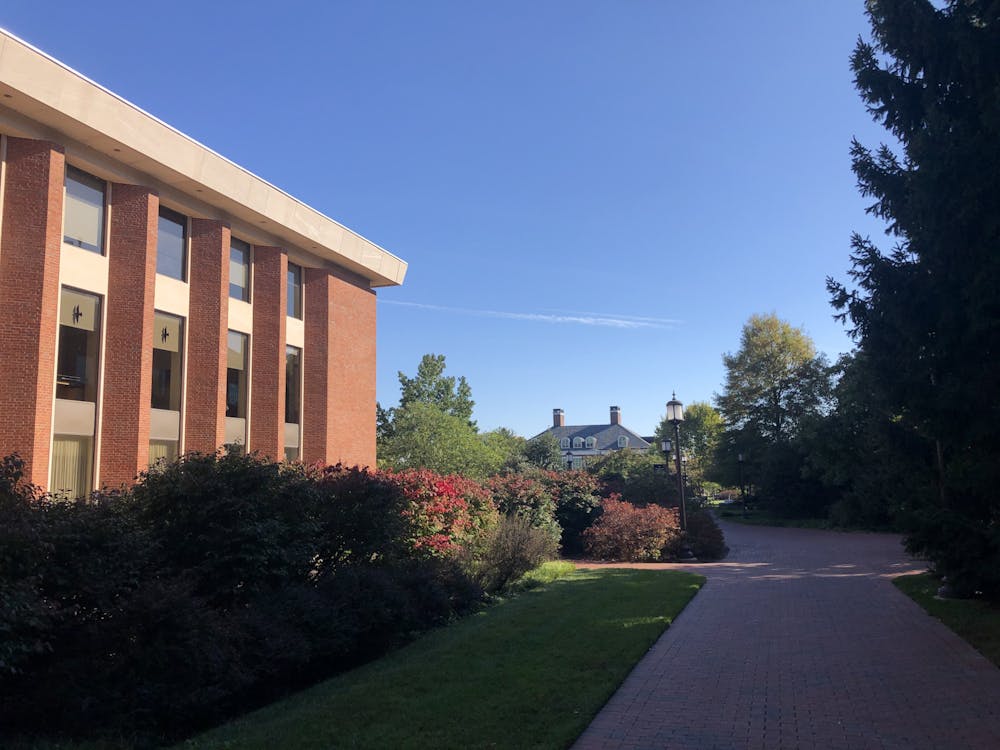Hopkins suspended employer retirement contributions a year ago as part of its austerity measures to offset financial challenges due to COVID-19. On April 2, the University announced the full restoration of these benefits, as well as $10 million in research funding for faculty and $5 million for PhD students.
The University originally announced last fall that austerity measures, including furloughs and hiring freezes, would remain in place until the end of the 2020-21 academic year. However, administrators shared on Feb. 5 that hiring and employee pay increases will resume July 1.
Faculty and staff will also now receive retroactive retirement contributions from July to December 2020 instead of just January to March 2021, as previously announced.
Alexander Parry, a member of the organizing committee of Teachers and Researchers United (TRU), an unofficial graduate student union, described this decision as a step in the right direction.
“While we’re glad that the University has released additional funding for graduate students, we’re still not satisfied that this entirely meets the needs of the graduate students,” he said. “This announcement should have been made far earlier.”
Francois Furstenberg, a professor in the History Department, noted that faculty and staff had worried about their financial security due to the austerity measures.
“It always hurts when your colleagues and staff are being or threatened to be laid off,” he said. “The retirement benefits hurt for everybody, particularly for junior faculty. It really seems to affect the most vulnerable members of the community.”
Parry argued that the University’s financial policies have harmed many graduate students.
“If you’re unable to do research for a year, it makes it difficult to graduate without having to pay out of pocket,” he said. “The only way to guarantee some degree of life after we leave is to not accrue a bunch of debt trying to get our degree.”
Since the austerity measures were announced, TRU has held several protests, including a car caravan rally last December and a satirical awards ceremony last month, calling for more support for graduate students.
Parry believes that the $5 million of additional funding for those “adversely impacted” by COVID-19 is insufficient, given that Hopkins ended the 2020 fiscal year with a surplus of $75 million.
“Any process that tries to adjudicate who deserves the aid or who is most affected by the pandemic is a futile exercise,” he said. “Everybody’s been affected by the pandemic.”
In an email to The News-Letter, Karen Lancaster, assistant vice president of external relations for the Office of Communications, explained that this funding supplements tuition waivers, stipends and other department-level financial support systems implemented throughout the pandemic.
Lancaster stated that these additional funds will also benefit many doctoral students.
“This funding is expected to help up to about 400 students with travel, research and dissertation completion awards,” she wrote. “We are pleased to offer this opportunity to further support doctoral education, a hallmark of Johns Hopkins University since its founding.”
Over the summer, 700 faculty members signed a petition condemning the administration’s lack of transparency and accountability. The petition also called for greater faculty and staff representation in University decision-making.
According to Furstenberg, the University should have communicated with the Hopkins community about its austerity measures before implementing them.
“There was very little consultation,” he said. “The University had no open deliberation about this and made the move very quickly. A little more time to discuss with other constituencies would have been helpful for them to make a better decision.”
Parry believes that the University should better compensate graduate students for their work.
“The job description is very similar to that of non-tenured faculty,” he said. “Whatever the cost it is to pay us, it’s substantially less than the return we give to the University.”
Chris H. Park contributed reporting to this article.





